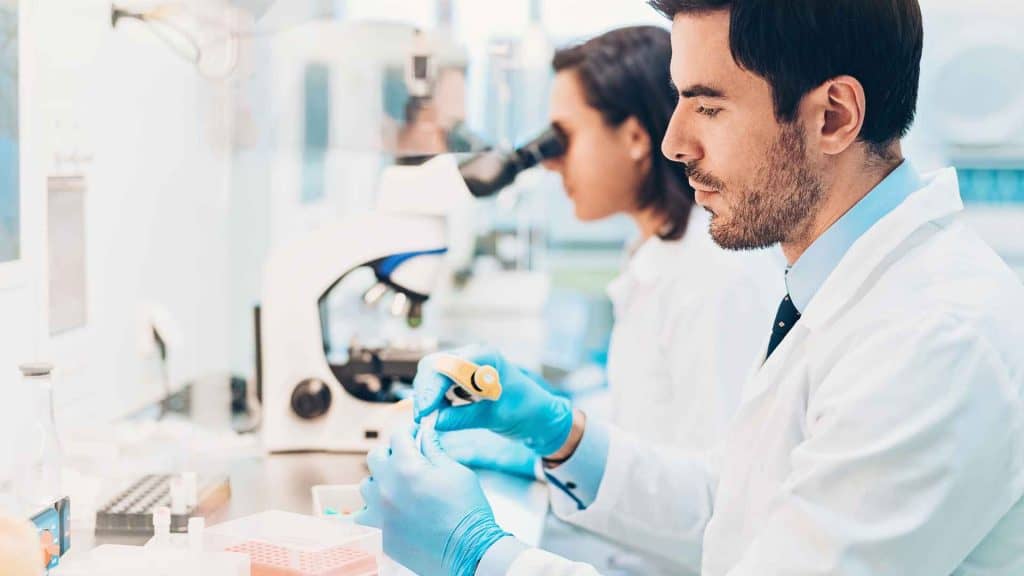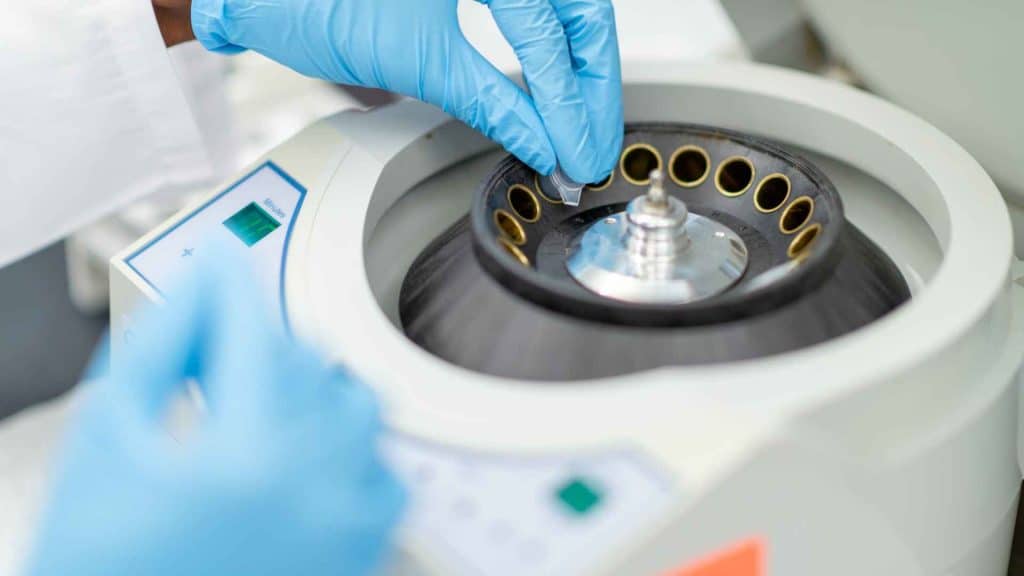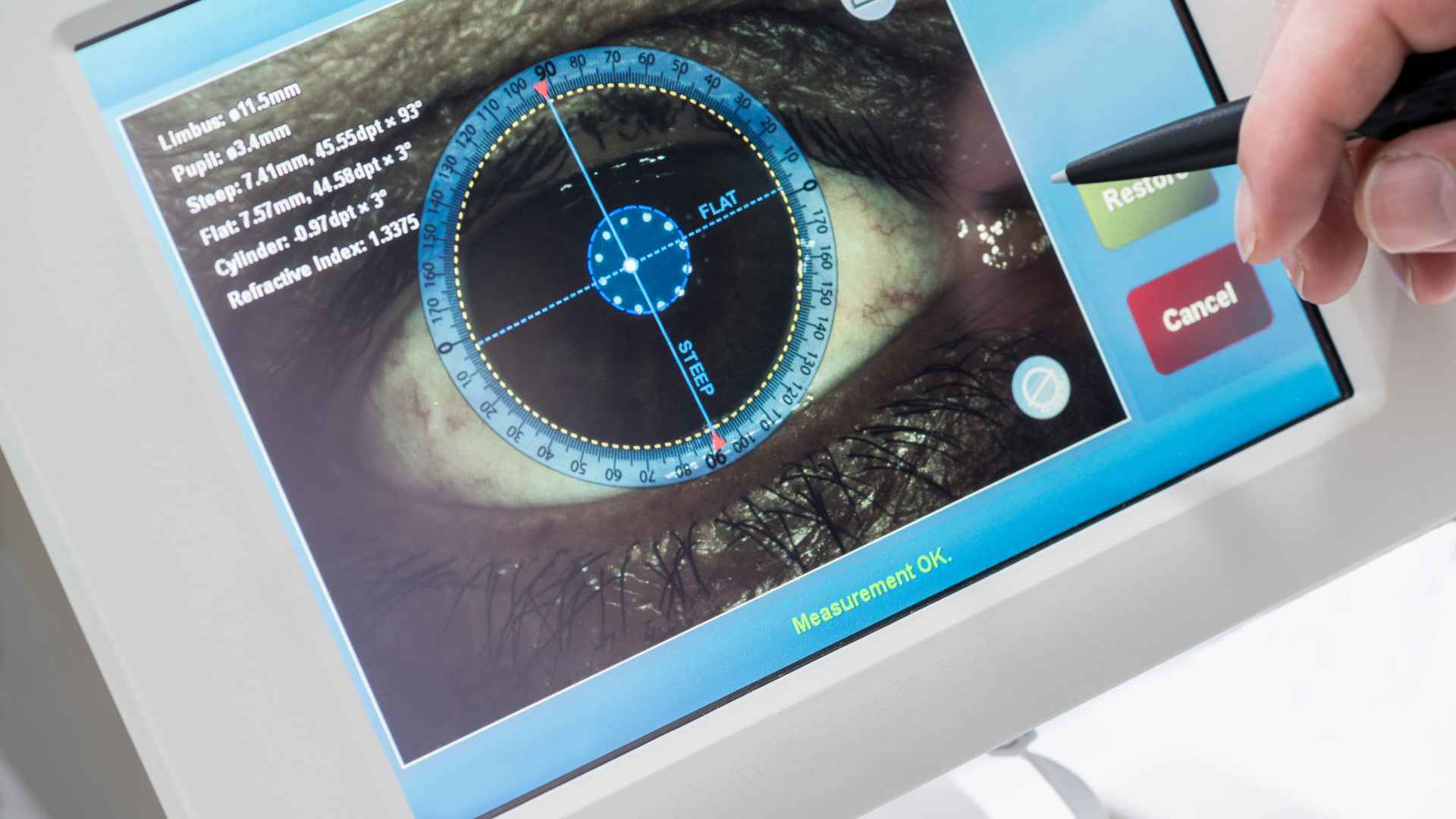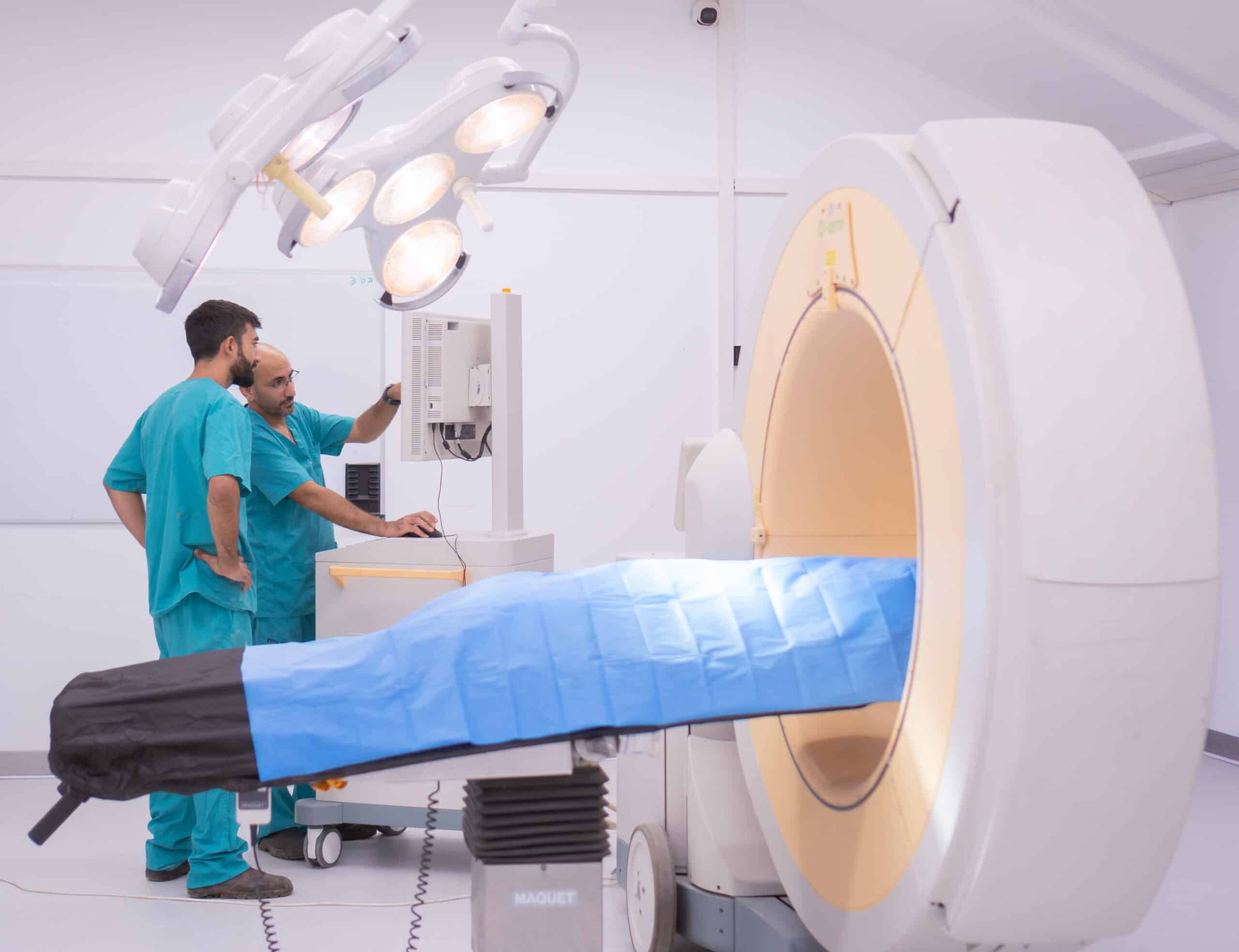Safety and efficacy studies are the backbone of medical advancement, ensuring that new treatments are both effective and safe for public use. They’re a critical step in the development of drugs, medical devices, and therapeutic procedures. These studies provide the necessary data to inform healthcare professionals and patients alike about the risks and benefits associated with new medical interventions.
Conducting thorough safety and efficacy studies is a meticulous process, governed by strict regulatory standards. It’s a journey from laboratory research to clinical trials, where the safety of participants is paramount. The results of these studies not only impact patient care but also guide future research directions and policy-making in healthcare.
Importance of Safety and Efficacy Studies
Safety and efficacy studies serve as the bedrock of medical research and development. With their rigorous application throughout the pharmaceutical and biotechnology industries, these studies not only characterize the therapeutic value of new treatments but also delineate potential risks.
Medical Interventions rely heavily on data derived from these studies. Ensuring that a treatment is effective is just one aspect; it must also be shown to be safe for patient use over the long term. Safety and efficacy studies aim to strike a balance between therapeutic benefit and risk management.
The Regulatory Approval process mandates the success of these studies before new treatments can reach the market. Authorities such as the FDA scrutinize the results to ensure compliance with established safety norms. Only treatments that meet stringent criteria for safety and benefit are approved for public use.
Healthcare Providers depend on the outcomes of safety and efficacy studies to make informed decisions. Armed with reliable data, doctors and nurses can confidently recommend new treatments to patients, understanding the possible outcomes and side effects.
Patient Trust is built on the foundation of these studies. Without strong and transparent evidence of safety and efficacy, it’s difficult to gain the public’s trust in novel medical interventions.
Innovations in Treatment often arise from safety and efficacy studies. These investigations can reveal additional therapeutic uses for existing treatments or point to modifications that can enhance their efficacy and safety profiles.
Given these pivotal roles, it’s clear that safety and efficacy studies are integral to biomedical advancement. As new treatments and medical devices are developed, the adherence to rigorous safety and standard efficacy protocols cannot be overstated.
Understanding the Research Process
When considering the intricate research process that governs safety and efficacy studies, it’s pivotal to recognize the methodological framework these studies are built upon. Pre-clinical stages, which serve as a cornerstone of medical research, are meticulously planned and executed to ensure robust and reliable results.
In pre-regulatory large animal studies, which BIOTECH FARM Ltd specializes in, researchers are tasked with observing the effects of investigational drugs or medical devices in large animal models such as pigs, sheep, and calves. These models are carefully selected for their physiological similarities to humans, which helps in predicting the therapeutic responses in human patients.
The protocols are designed to address a variety of medical challenges and innovations, ranging from intra-venous and topical treatments to advanced medical devices that support post-operative recovery from colon cancer surgeries. The safety and efficacy studies at this stage are geared towards recognizing any adverse reactions or toxicity levels that could pose risks to patients. Also, therapeutic efficacy is scrutinized to ensure that the investigational treatments deliver their intended benefits.
It’s essential to point out the rigorous Good Clinical Practice (GCP) validation studies carried out at facilities like BIOTECH FARM. GCP is a set of guidelines ensuring the integrity of the data collected and the protection of the welfare of subjects involved. The compliance with GCP is not only a regulatory requirement but also a quality measure that bolsters the credibility of study outcomes.
Throughout the research process, established scientific support and a professional crew are indispensable. BIOTECH FARM, created by Adir Koreh following years of expertise in research management, exemplifies a facility where rigor and adherence to protocols ensure the generation of valuable data. The farm’s infrastructure plays a crucial role in facilitating studies aimed at medical advancements, such as diabetes treatment, cardiovascular dysfunctions, and bone regeneration.
Given the complexity and the potential impacts of these studies, the maintenance of high safety and efficacy standards is a continuous effort requiring exceptional diligence. Stakeholders, from regulatory bodies to healthcare providers, depend on the data produced to make far-reaching decisions that could affect millions.
Regulatory Standards and Guidelines
Regulatory bodies establish rigorous guidelines to ensure the safety and efficacy of medical interventions. These standards are the backbone of research at facilities like BIOTECH FARM, where the consequence of negligence could result in serious implications for public health.
In the US, the Food and Drug Administration (FDA) leads the charge in setting the criteria for safety and efficacy studies. They delineate Good Laboratory Practice (GLP) for pre-clinical laboratory studies and Good Clinical Practice (GCP) for clinical trials involving human subjects. Such regulations ensure that the data collected are reliable and that the rights and wellbeing of trial subjects are protected.
Internationally, the International Council for Harmonisation of Technical Requirements for Pharmaceuticals for Human Use (ICH) provides guidelines harmonizing the conduct of clinical trials across the globe. ICH guidelines like ICH E6(R2) specifically outline the Quality Management System in clinical trials, which includes protocol design, trial management, data collection, and information processing.
Each step within BIOTECH FARM is carefully crafted to adhere to these guidelines. Their large animal studies play a pivotal role in predicting human responses to new treatments. By employing species such as pigs, sheep, and calves, researchers can glean valuable insights into a compound’s pharmacodynamics and pharmacokinetics before progressing to human trials.
BIOTECH FARM’s commitment to these regulatory standards goes beyond compliance. It reflects an unwavering dedication to contributing to medical advancements that are both effective and safe for patients. The integration of high-quality protocols with the professional expertise of their staff ensures that each safety and efficacy study conducted stands up to international scrutiny and provides actionable data for the onward march of medical science.
Laboratory Research
Before drugs and medical devices reach the clinical trial stage, safety and efficacy studies are vital to ensure that potential treatments are both safe and effective. At BIOTECH FARM, laboratory research is conducted meticulously to uphold these important standards. Pre-regulatory large animal studies play a crucial role in this phase, bridging the gap between small-scale experiments and human trials.
Laboratory teams at BIOTECH FARM work tirelessly using various large animal models, recognizing that certain species such as pigs, sheep, and calves, mirror human physiology more closely in specific contexts. For example, pig models are particularly valuable due to their similarities to human cardiovascular and digestive systems, making them ideal for studies involving medical devices for colon cancer surgeries and malfunctions of blood, heart, or circulation.
The range of applications at BIOTECH FARM is diverse and includes:
- Intra-venous and topical/dermal applications
- Diabetes treatments
- Developments in cardiovascular health
- Innovations in orthopedics and bone regeneration
- Enhancement in wound healing processes
Utilizing a state-of-the-art facility, the team engages in rigorous experimentation to validate the efficacy of new compounds and the development of medical devices, bolstered by the expertise of a professional crew led by Adir Koreh. Koreh brings over seven years of experience in research management to the laboratory, ensuring that each study is conducted with the utmost attention to detail and adherence to scientific rigor.
The GCP validation studies, another critical aspect at BIOTECH FARM, confirm that both drugs and devices are produced and tested following Good Clinical Practice guidelines. This further solidifies the facility’s commitment to producing reliable data that will inform later stages of drug and device development.
At BIOTECH FARM, the emphasis on both the pre-clinical stages and the consequent benefits for animals and humans underscores the facility’s role in ensuring that all medical interventions are subjected to thorough scrutiny before advancing to the next phase of development.
Clinical Trials and Participant Safety
Within the area of BIOTECH FARM, safety and efficacy studies are the cornerstone of their research methodology. The facility’s commitment to participant safety is paramount, as each clinical trial is designed to gather critical data while maintaining the highest standards of safety for all participants involved.
At BIOTECH FARM, careful screening of trial participants is conducted to ensure suitability and minimize risks. The pre-screening process involves a thorough examination, which includes medical history evaluations and necessary diagnostic tests to establish baseline health parameters. This preliminary step is vital in identifying any potential health concerns that could compromise participant safety or the integrity of the study.
Once accepted into a trial, participants are monitored continuously. The monitoring processes include regular health assessments and immediate attention to adverse reactions or complications. This vigilant oversight is essential in making real-time adjustments to protocols, so enhancing safety measures and fostering swift responses to any concerns that may arise.
BIOTECH FARM’s adherence to Good Clinical Practice guidelines guarantees that participant safety is not left to chance. These guidelines establish a framework for trial conduct that encompasses ethical considerations, informed consent, and transparency. Participants are well-informed of the potential risks and the preventative measures in place. This approach ensures that individuals are aware of their role and the significance of their contribution to the broader medical community.
Plus to the ethical and procedural frameworks, state-of-the-art facilities and equipment at BIOTECH FARM allow for precise monitoring and intervention. The use of advanced technology in tracking participant health and responses to treatment is indicative of BIOTECH FARM’s dedication to reliable and safeguarded clinical trials.
The integration of rigorous protocols, ethical standards, and cutting-edge technology demonstrates BIOTECH FARM’s unwavering commitment to upholding participant safety while conducting groundbreaking safety and efficacy studies.
Implications for Patient Care
At BIOTECH FARM, the safety and efficacy studies are not merely protocols—they are fundamental principles that guide the entire research and development process. The results of these studies have direct implications for patient care, particularly as they transition from controlled clinical settings to real-world applications.
Preclinical Stages and Patient Outcomes
During the preclinical stages at BIOTECH FARM, researchers focus on large animals like pigs, sheep, and calves, which are physiologically similar to humans. This strategy is critical for predicting how new pharmaceuticals and medical devices will perform in human bodies. By assessing the safety and effectiveness of these interventions early on, the data can indicate potential outcomes for future patient care, ensuring that only the most promising solutions advance to the next stage of development.
Customized Treatment Strategies
With a diverse range of models, including treatments for diabetes, cardiovascular malfunctions, and post-colon cancer surgeries, BIOTECH FARM tailors its approach to mimic patient-specific conditions. This individualized attention means that the safety and efficacy data generated is highly relevant to patient care, supporting the development of treatment regimens that are both safe and effective for targeted populations.
Translating Research into Practice
The implications of safety and efficacy studies are vast, affecting drug dosing, medical device deployment, and patient monitoring strategies. With its state-of-the-art facilities, BIOTECH FARM ensures that every study contributes to a deeper understanding of how treatments will interact within the human body, so paving the way for advanced patient care protocols that prioritize safety and deliver measurable efficacy.
Impact on Future Research and Policy-making
At BIOTECH FARM, the rigorous safety and efficacy studies performed play a pivotal role in shaping the future of research and policy-making. These studies, particularly those utilizing large animals like pigs, sheep, and calves, provide critical data that inform both the scientific community and regulatory agencies. The insights gained from this research propel biomedical advancements and refinement of policies that govern medical product development.
Guiding Drug and Device Discovery
The detailed safety profiles and efficacy outcomes generated at BIOTECH FARM inform subsequent stages of drug and medical device discovery. Researchers gain a better understanding of how these compounds and devices behave in complex living systems, which in turn guides modifications and improvements in design and formulation. By integrating findings from these pre-regulatory studies, developers can address potential issues early in the R&D process.
Informing Clinical Practice Guidelines
Safety and efficacy data are foundational in developing clinical practice guidelines. By meticulously documenting the effects and outcomes in large animal models, BIOTECH FARM contributes to the body of evidence that supports decision-making in clinical settings. This evidence is critical for the creation of patient care protocols that are both safe and effective when transitioning from controlled clinical settings to real-world applications.
Shaping Regulatory Frameworks
Regulatory standards and guidelines are continually evolving in response to emerging science and technology. The outcomes of the studies at BIOTECH FARM have the potential to influence policy by providing empirical data that can lead to the revision of existing regulations or the development of new ones. The emphasis on safety and efficacy is particularly relevant as regulatory agencies aim to protect public health while supporting innovation in the biomedical field.
The work done here does not go unnoticed by policymakers who rely on scientifically sound studies to set benchmarks for safety and determine the efficacy of new interventions. As such, BIOTECH FARM doesn’t merely contribute to the immediate goals of its projects but also impacts the broader world of medical research and policy-making for years to come.







